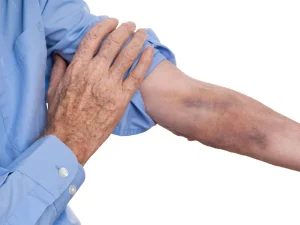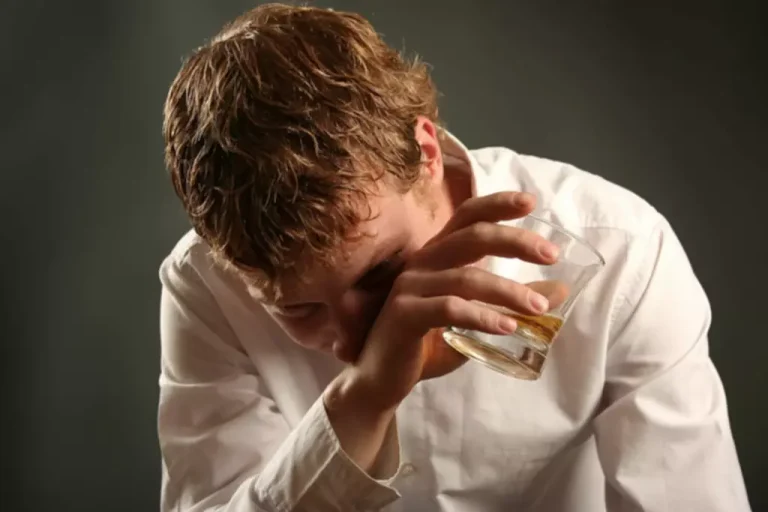
Recovery programs provide structure, accountability, and therapeutic support, all of which help individuals make meaningful changes that positively impact their romantic relationships. One of the most challenging aspects of the addiction recovery process is rebuilding relationships affected by substance misuse and other active addiction behaviours. Addiction coupled with mental health problems can strain or even sever relationships, leading to resentment, an unhealthy relationship, and emotional distance between an individual and their loved ones.
- To navigate the path of rebuilding trust and connection, you need to understand the profound impact addiction has on relationships.
- If you are looking for drug and alcohol detox, inpatient rehab, or ongoing support for your recovery, our addiction treatment center can offer you the help and guidance you need.
- It’s easy to lose yourself in a relationship, but it’s not inevitable.
Recognizing Your Achievements in Cocaine Recovery
Mayra Guerrero is a Postdoctoral Researcher at the Research Consortium on Gender-based Violence at Michigan State University. She received her Ph.D. in Community Psychology from DePaul University. Her research examines the social and contextual factors that promote the well-being of marginalized populations.
Find Support for Your Recovery
Moreover, consider whether relationships that are not supportive of your priorities deserve your time and energy. If something doesn’t seem or feel “right,” it’s important to pay attention to that gut feeling and be able to communicate about it. Identifying and shedding unhealthy or relationships in recovery “toxic” relationships is also part of the recovery process. Support groups like SMART Recovery, and or own Maintain Recovery, are invaluable resources for building connections in recovery.

Signs of Substance Abuse: Ways to Spot a Potential Problem in Friends and Family

You may be surprised to find that the vast majority of drug addiction treatment people will respect your recovery and accept it without difficulty. Ultimately, disclosing your recovery status to others is a very personal decision and the timing of it depends on a variety of factors. That being said, your most important priority needs to be protecting your recovery.
Therefore, it is important for people in recovery to seek a healthy means of self-expression, adopt positive and constructive coping strategies and learn how to mend broken relationships with those they love. For families, attending support groups fosters empathy and provides tools to navigate the challenges of addiction recovery better. For individuals, connecting with peers through programs like substance abuse treatment WV builds resilience and reduces feelings of isolation. The idea that recovery should be wholly an individual journey reinforces the idea that addiction is solely a character flaw. That idea has been disproven by loads of research, and although individual recovery is critically important, so is relationship recovery. I have never met someone on a solid recovery path who wasn’t engaged with strong social supports.
- Plus, it helps create a sense of community that keeps people motivated and stops them from relapsing.
- In some cases, the damage may be too severe to fix, and you may need to learn to accept that.
- These centres provide therapy, guidance, and tools to help individuals heal and rebuild their lives, fostering the necessary steps for both personal and relational recovery.
- They can cause relapses, lower self-esteem, and stop people from recovering.
- Addiction leaves scars, and it’s natural for loved ones to feel resentment or anger.
Recovering from addiction necessitates establishing and maintaining healthy boundaries in relationships, as outlined by the Hazelden Betty Ford Foundation. This boundary setting is crucial for creating a supportive environment that fosters growth, open communication, and mutual respect among family members and loved ones. Building a healthy support system is essential for individuals recovering from addiction. Supportive relationships offer a sense of belonging, reduce feelings of isolation, and provide a safe space for open communication and expression. These relationships can foster resilience and aid in navigating the ups and downs of recovery, reinforcing the individual’s commitment to sobriety. A strong foundation of self-care is critical to supporting healthier relationships under normal circumstances, never mind when there is complexity such as addiction and recovery thrown into the mix.
Beyond Shame: Breaking the Stigma of Alcohol Detox
These approaches cater to diverse individual preferences and beliefs. Individuals can embark on a personal exploration of spirituality and find strength, guidance, and support. Identifying personal values, setting goals, and engaging in activities that bring a sense of fulfillment can nurture the connection with a higher power. Methods for developing a relationship with a higher power include various approaches.

How Addiction Impacts Relationships and How to Heal
These are used to foster a spiritual connection in addiction recovery. Spirituality in recovery means forming a relationship with something greater than oneself. This connection gives people access to their inner resources and builds resilience. Exploring spirituality provides guidance and support, and allows people to find what works best for them. Discover effective relapse prevention strategies for long-term cocaine recovery.

